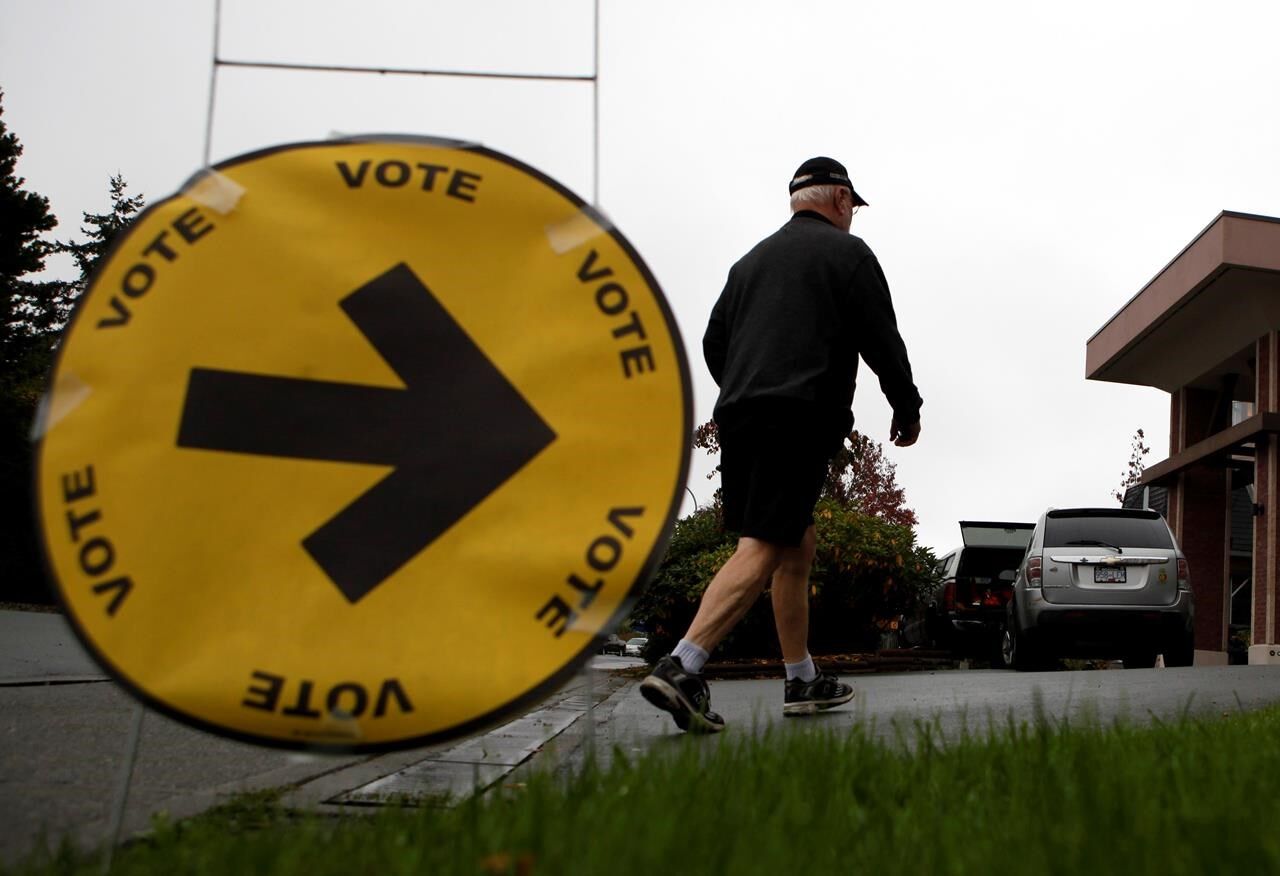
B.C. Election 2024: A Crucial Battle Between NDP and Conservatives
As we gear up for the October 19 provincial election, British Columbia finds itself in a political landscape charged with tension and uncertainty. The contest is shaping up to be a tight race between the New Democratic Party (NDP) and the resurgent Conservatives, making it a crucial bellwether not only for the province but potentially for the upcoming federal elections as well.
For nearly seven years, the NDP has held power, but recent criticisms from within the business community indicate a growing discontent. Notably, Glen Clark, a former NDP premier and a prominent business figure, publicly challenged Premier David Eby to shift the focus from wealth redistribution to wealth creation. Clark's call for stability and a pause on policy changes reflects a palpable frustration within economic circles over the NDP’s approach, particularly concerning its impact on key resource industries.
As the official campaign kicks off, voters are faced with significant choices that could reshape the political future of B.C. The NDP, once seen as moderate, has shifted to a more activist stance, resulting in growing opposition from influential economic interests. Simultaneously, the party is under fire from constituents who feel let down on critical issues, including healthcare access, the housing crisis, and the ongoing opioid epidemic.
Also Read:- Stalemate in the League Cup Quarter-Final: Motherwell vs Dundee United
- Kamala Harris Highlights Amber Thurman's Tragic Story in Abortion Rights Fight
Meanwhile, the Conservatives have seized the moment after the collapse of the BC United party. Under the leadership of John Rustad, who has openly aligned with the federal Conservative brand, they have positioned themselves as a viable alternative to the NDP. Public sentiment appears to be shifting, with polls showing a statistical dead heat between the two parties.
This shift has been fueled by the NDP’s handling of pressing voter concerns. For example, a staggering budget deficit nearing $9 billion has raised alarms, and the government’s controversial decriminalization experiment with drugs has met strong backlash. As violent incidents related to drug use have surged, the Conservatives have relentlessly criticized the NDP's policies, framing them as detrimental to public safety.
Housing remains a top issue for voters, with costs continuing to rise despite the NDP’s significant investments in new construction. The average rent in Vancouver has escalated to over $2,700 per month, leading many to question the effectiveness of the government’s measures. The Conservatives are promising to roll back certain housing laws, positioning themselves as champions of affordability.
Health care is another area where the NDP has struggled to regain public trust. Emergency room closures and staff shortages have become common, leading to a crisis that is only expected to worsen as the aging population demands more resources. Although the NDP has proposed salary increases for healthcare workers and additional funding, skepticism remains about their ability to effectively manage the system.
As the election nears, it’s clear that British Columbians are grappling with crucial decisions that will impact their daily lives. The stakes are high, not just for the province but for the broader political landscape in Canada. This election could very well be a litmus test for both parties, revealing whether the Conservatives can capitalize on the NDP’s vulnerabilities or if the incumbent party can rally to maintain its hold on power. The coming weeks promise a fierce battle as candidates aim to sway an increasingly uncertain electorate.
Read More:

0 Comments